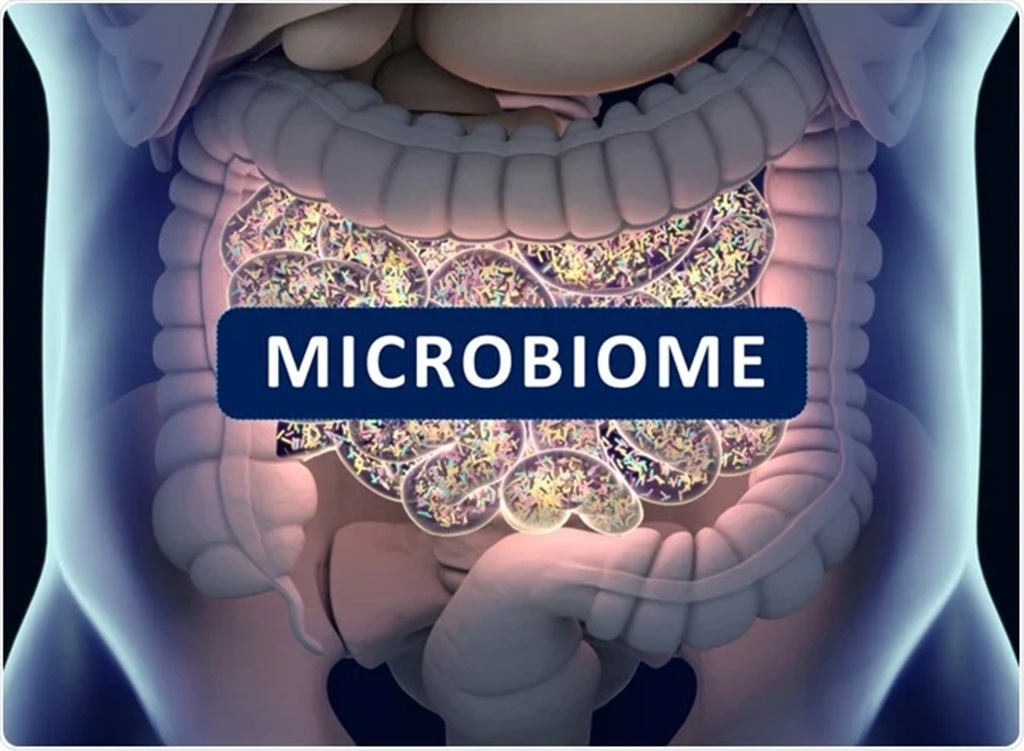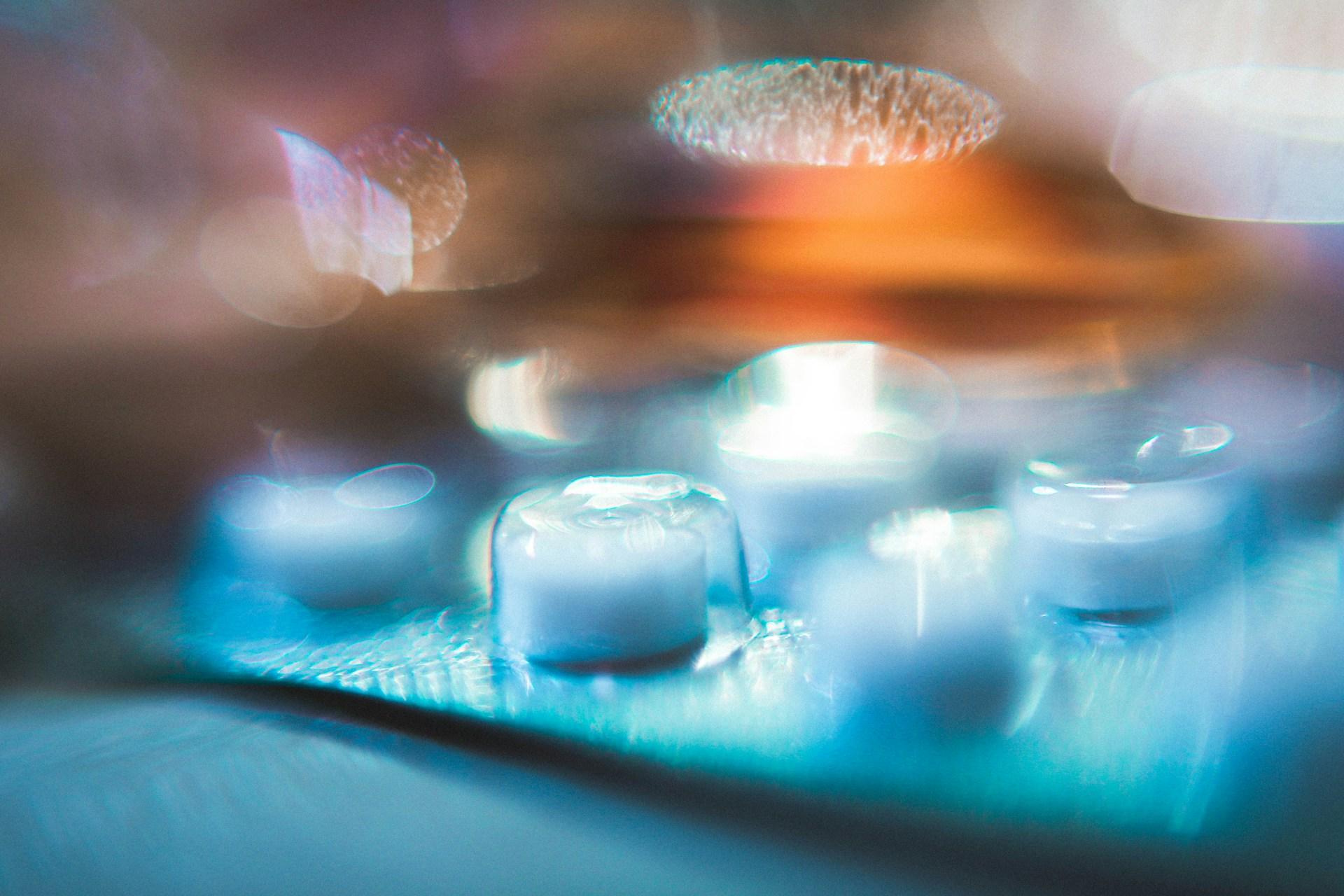Health
The Microbiome Makeover: How Probiotics Can Transform Your Digestive Health

Do you dread mealtimes knowing you’ll likely end up in pain afterward? If you find yourself running to the bathroom frequently or dealing with uncomfortable bloating, gas, or stomach cramps, you’re not alone.
An estimated 60 million Americans are impacted by digestive health issues each year. But what if simple dietary changes could help transform your digestive health and make you feel better than ever?
The root cause of many common digestive troubles lies deep within your gut microbiome – the ecosystem of bacteria residing in your intestines. An imbalance in your gut flora could allow bad bacteria to overrun the good guys, leading to inflammation, immune issues, and painful digestive symptoms.
The good news?
Replenishing your gut with beneficial probiotic bacteria has been scientifically shown to help reset your microbiome for improved digestive health. In this article, learn how probiotic supplements can help banish chronic tummy troubles through a microbiome makeover. Discover how these living microorganisms work, why they’re so vital for your health, and how to choose the most effective probiotic to feel your absolute best.
Common Microbiome Digestive Health Issues
Many people suffer from digestion-related symptoms that can greatly impact their quality of life, whether you experience bouts of constipation or debilitating diarrhea, or common issues like frequent bloating and gas pain.
Chronic digestive issues such as Irritable Bowel Syndrome (IBS) and inflammatory bowel disease (IBD) are rooted in dysfunctional digestive health. The National Gut Center reports that IBS alone affects up to 20% of Americans. Symptoms like constipation, diarrhea, bloating, cramping, gas, and stomach pain can occur with IBS and IBD.
These conditions have a wide range of triggers and severity levels. Even occasional digestive upsets can be a sign of imbalance in your gut microbiome.
How Digestive Health Problems Occur
So what goes wrong to cause these common digestive health issues? The root cause is often found deep within your intestines and involves the delicate balance of bacteria in your microbiome.
An abundance of bad bacteria as well as fungi, viruses, and parasites along with too little good bacteria is linked to inflammation and the breakdown of your intestinal wall’s barrier function. This “leaky gut” allows toxins, bacteria, and undigested food particles to escape the intestines and trigger a damaging immune response.
The result is inflammation within the GI tract and throughout the body. So digestive health issues often stem from inflammation and imbalance in gut microbiome caused by things like poor diet, infections, and chronic stress overloading your digestive system.
How Probiotics Can Help
Many of the strongest weapons we have to fight back against common digestive problems are probiotic supplements and foods containing strains of beneficial live bacteria and yeast. Probiotics are live “good” bacteria and yeasts that have numerous health benefits, especially for your digestive system.
When you consume probiotics via supplements, drinks, and fermented foods like yogurt, kimchi, miso, sauerkraut, and kefir, they deliver a therapeutic dose of beneficial bacteria straight to your gut microbiome. These probiotic bacteria then get to work colonizing your intestines, balancing your body’s ecosystem by crowding out the unhealthy bacteria and helping reinforce the gut’s barrier.
The results can lead to dramatic improvements for gut health when these bacteria help regulate motility and bowel function, while reducing intestinal inflammation and gut hypersensitivity.
Choosing the Right Probiotic
With so many probiotic supplements on the market, how do you pick the right one? Start by looking at the CFU count, the number of live and active colony forming bacteria units per dose. You’ll generally want at least 1-10 billion CFUs to deliver digestive benefits.
Next, consider the strains included and look for evidence-based selections like Lactobacillus acidophilus, Lactobacillus plantarum, Lactobacillus rhamnosus, Bifidobacterium bifidum, and Bifidobacterium longum.
Diversity of strains is important. Consider using 10 or more strains, since the gut microbiome is so diverse, it’s good to feed your gut with a diversity of healthy bacteria. Different strains have been studied for different conditions – Lactobacillus for diarrhea, Bifidobacterium for IBS, etc.
Capsule forms may be more shelf-stable while powders added to liquids don’t require surviving stomach acid.
Probiotic diversity is also key – multistrain and multispecies probiotics have been found effective for wider digestive issues like bloating, irregularity, and occasional diarrhea.
With quality, diversity, high CFU counts, and the right strains for your issues, probiotic supplements can get your gut relief off to the right start.
Lifestyle Tips for Improving Gut Health
While probiotics can give your microbiome a boost, diet and lifestyle play key roles in maintaining long-term balance. Prebiotic fiber nourishes probiotics, allowing them to thrive and maximize benefits.
Foods like asparagus, garlic, onion, banana, oats, flaxseed, apples, and legumes contain insoluble fibers that pass undigested down to your colon where probiotics feed on them. Aim for 25-35 grams of food-based prebiotic fiber per day. Reducing stress through mindfulness practices like meditation has also been found to reduce inflammation and digestive issues tied to gut-brain connections.
Getting enough sleep ensures your microbiome has downtime for repair and balance. 7-9 hours per night has been associated with a healthier diversity of gut bacteria compared to lack of sleep. Light exercise can also keep digestion moving. Simple dietary, stress-relieving, and lifestyle measures support your probiotic supplements for optimal gut improvement.
The Future of Probiotics and Digestive Health
Advancements in gut microbiome research continue illuminating key roles bacteria play in many aspects of health, while showing potential to unlock personalized probiotics. Ongoing studies analyze how genetics, environment, and lifestyle impact gut biodiversity differently among ethnicities, geographies, and age groups.
Such emerging research will help tailor probiotic strains and blends with precision. Innovation in areas like encapsulation technology may also stabilize delicate strains on shelves and increase live delivery to the colon. Synthetic biology has produced encouraging results engineering probiotic bacteria for specific functions as well.
As the capabilities of probiotic interventions come more clearly into focus, consumers have much to look forward to. The gut-brain axis is in focus right now, demonstrating positive implications of gut health on brain function and mood regulation. The future holds promise of specially formulated, genetically enhanced probiotics that usher in a new era supporting total body wellness through the gut.































